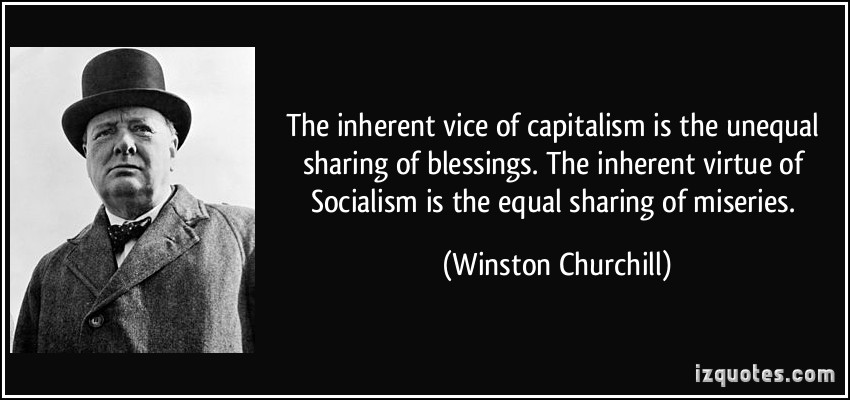In reply to AaronT :
I think it's a much less interesting take when you take a critical look at the question and the answer. The reason people don't get paid a living wage is because big businesses are a de facto part of the government. There's no incentive to pay more because there's no law requiring it. The businesses hold a disproportionately large power in wage negotiations, contrary to protestations of the invisible hand disciples. This is by design.
At a certain point beyond the amount of money needed provide safety and comfort you reach greed. It's much easier to handwave this away with education (which is code for perpetuating the gulf between the top and everyone else), the retirement home (is this supposed to resonate with anyone?), but the last one is hilariously tone deaf. I think my employees deserve to financially struggle, despite working hard, so I can pretend to be Jesus in Africa once every few years.
The implication is that these things are things only a few deserve to desire, right? And your friend is implying that his employees should not want or need to save for their children's education, or for a retirement home, or to feed themselves, wait, kids in Africa.
I posted a couple pages back a whole list of what various business types net. It's not a secret, or some government conspiracy, financials of the large corporations you are taking about are public record. Many LOSE money. If you want to point the finger at greed, point at the consumer. We want cheap stuff, so we outsource a lot of our jobs to countries where labor is cheaper. If you are going to complain about man's greed and unfairness to man, why stop at our border? The low wages you complain about define wealth in many countries, why aren't you championing the cause to even that out too? Make everyone equal. Which means your standard of living will drop. Sounds different when other people want you believe you worked for, doesn't it?
Labor and our whole system of commerce is based on a simple principle. You trade your labor/skill/resources for other people's labor/skill/resources. Why should you get more from the deal than you contribute? The truth is, very, very few of us ever produce enough to match what we take in this country. Most advances in our society exist because of the efforts of very few. Many of those advances would not exist without incentive. We are as fortunate as we are because our society supports innovation. And we are able to capitalize on other countries that don't in the form of cheap goods. People argue that people should own homes and new cars- why should someone build you a house, build you a car, grow your food, make your clothes, provide for your utilities, while you stack boxes or flip burgers? Nothing against stacking boxes or flipping burgers, but those jobs are not intended to support a family of 4. Unskilled labor is only worth so much. Go past the limit, and inflation erases any perceived gain, or the jobs are eliminated entirely. Hello self checkout.
There are countless people here that started at the bottom and succeeded. Yet they are ignored by the "life is rigged and unfair crowd." It's like getting instructed by a pro driver but ignoring him and blaming your tires. Every single one of us is lucky, winning the cosmic lottery to live here, now. Everyone has the opportunity to succeed. Some do it more quickly and easily than others. But for most of us it's an endurance race, not a sprint. But you will never succeed sitting in the pits complaining about your tires.
When I said that people need to work to move up, I didn't mean only literally to management positions. As others have shared, lots of us are successful outside of management. Specialize in something. Learn a rare or valuable skill. You don't need college or a trade school (they help,) many employers will invest in employees that are willing and able to learn. Doing unskilled labor the best you can is great, but it's not going to move you up the ladder by itself. People have mentioned the trades. Yes, it's tough to swing a hammer or pull pipe your whole life. But there is a lot more to learn about construction than physical labor if you apply yourself. Lots of related less physical, more skilled jobs that pay very well.



































